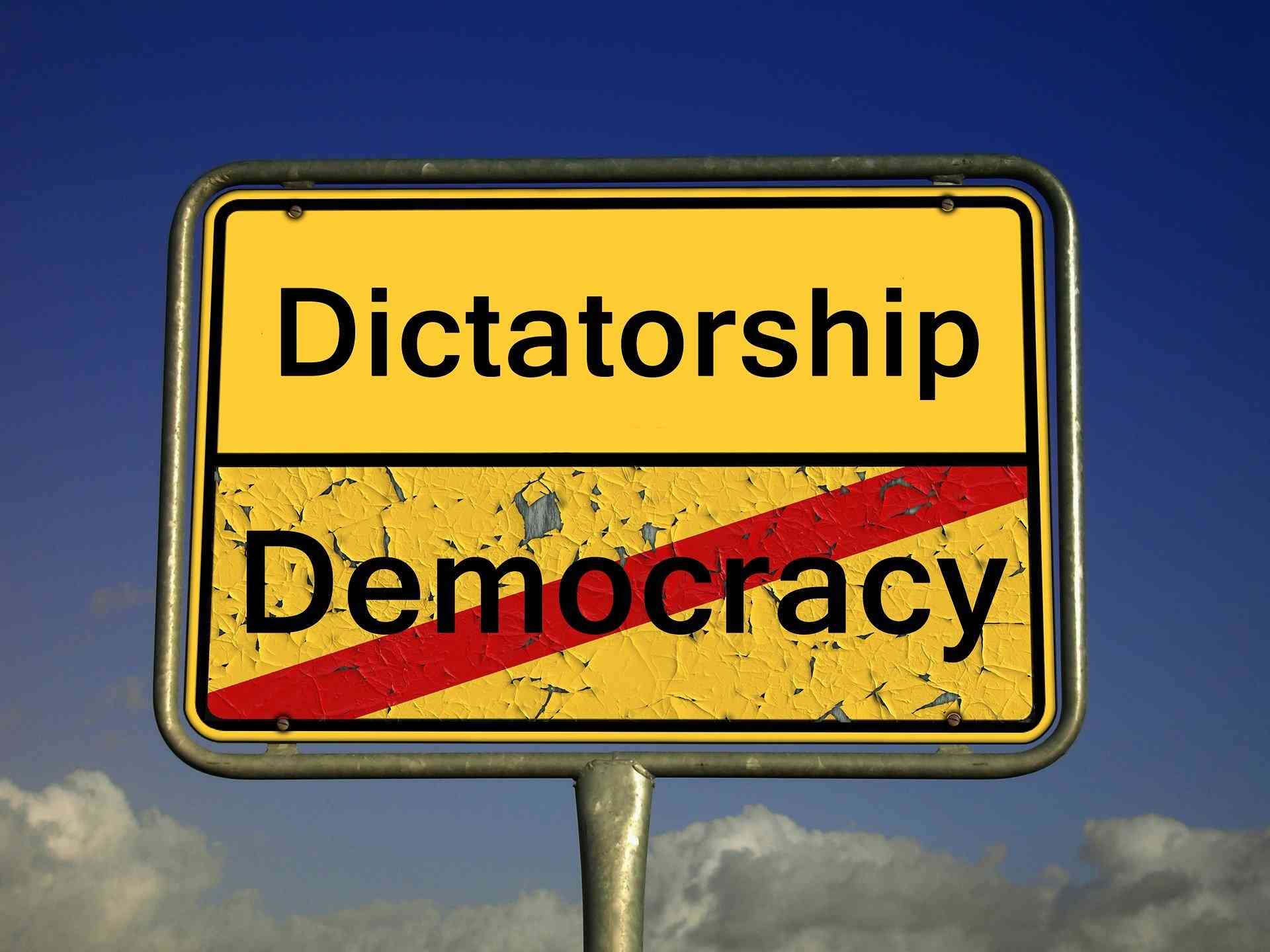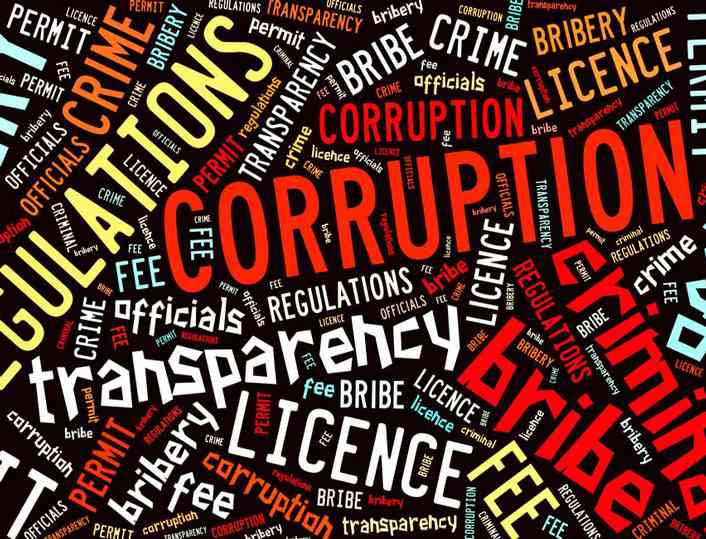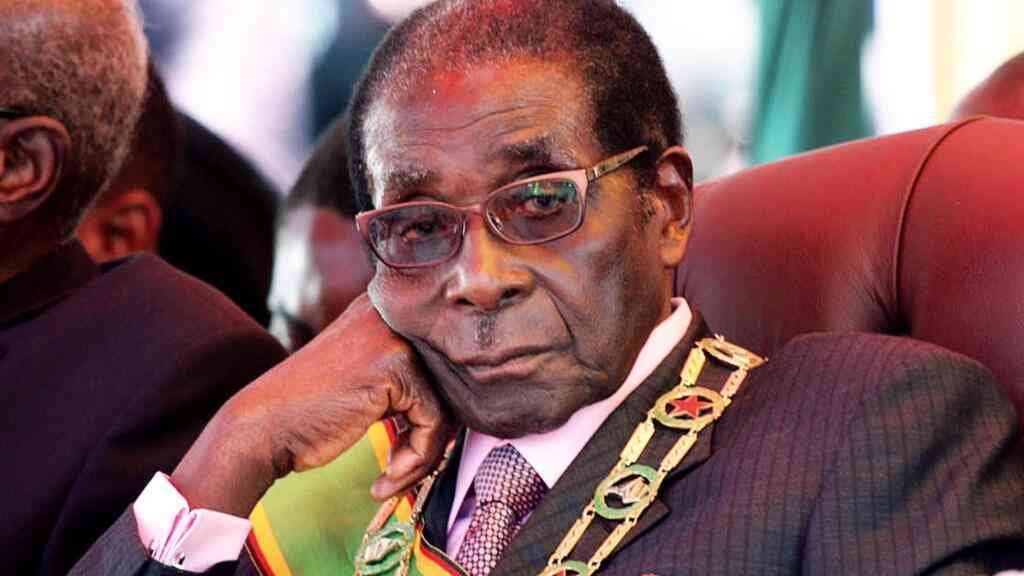
THE WEEK that just ended, 27th January, was bracketed by two anniversaries in the history of 20th-century totalitarianism.
Sunday was the centennial of the death of Vladimir Lenin. The architect of the Bolshevik Revolution and first ruler of the Soviet Union was 53 when he died of a brain hemorrhage on Jan. 21, 1924.
Saturday was the anniversary of the liberation of Auschwitz, the extermination camp in Poland where 1.1 million victims were murdered by Nazi Germany between 1940 and 1945. The United Nations in 2005 designated Jan. 27 as International Holocaust Remembrance Day.
Why has the UN never dedicated a similar day of remembrance for the victims of communism?
The communist system introduced by Lenin has led to more slaughter and suffering than any other movement in history. For sheer murderous horror, there has never been a force to compare to it. The Nazis didn’t come close. Adolf Hitler’s regime eradicated 6 million Jews in the unprecedented genocide of the Holocaust. The Germans also killed at least 5 million non-Jews, among them ethnic Poles, prisoners of war, Romani people, and the disabled.
But the Nazi toll adds up to barely a tenth of the lives that have been extinguished by communist dictatorships. According to The Black Book of Communism, a magisterial compendium of communist crimes first published in France in 1997, the fanaticism unleashed by Lenin’s revolution has sent at least 100 million men, women, and children to early graves. Beginning in 1917, communist regimes on four continents — from Russia and Eastern Europe to China and North Korea to Cuba and Ethiopia — engineered death on a scale unmatched in human annals.
Yet communism rarely evokes the instinctive loathing that Nazism does. To this day there are those who still insist that communism is admirable and wholesome, or that it has never been properly implemented, or that with all its failings it is better than capitalism. Many people who would find it unthinkable to deck themselves in Nazi regalia — when Britain’s Prince Harry wore a swastika armband to a costume party in 2005, a major scandal ensued — view communist-themed fashion as trendy or kitschy.
In Manhattan’s East Village, the popular KGB Bar — named after the USSR’s terrifying security network of secret police and torture sites — features Soviet propaganda posters and literary readings. Would any New York hipster ever set foot in a pub called Gestapo? Amazon sells scores of shirts with hammer-and-sickle designs or the images of communist dictators like Lenin, Stalin, and Mao, who were among the greatest mass killers in history. Search for “Nazi T-shirts,” on the other hand, and what comes up are shirts showing a swastika in a red circle with a slash (“No Nazis”) or proclaiming: “Punch a Nazi.”
- Intanga poetry corner: Modern chivalry
- Hebrew scriptures: Creationism, evolution in Jewish thought
- Hebrew scriptures: Creationism, evolution in Jewish thought
- Cristina Fernndez de Kirchner: Gun jams during bid to kill Argentina vice-president
Keep Reading
What accounts for the difference? Both Nazism and communism filled the world with pain, terror, and death. Yet communists are not regarded with the same revulsion that Nazis are. In the public’s perception, Hitler and his Nazi Party have no equal as incarnations of supreme evil. Why isn’t communist tyranny viewed the same way?
A number of reasons suggest themselves.
First: In the war against Nazi Germany, the Soviet Union ended up fighting alongside the Allies. World War II gave way to the long-drawn-out Cold War, but America’s alliance with Moscow left in many minds the belief that when it mattered most, the communists were on our side. After all, the free world had labeled Nazis as the supreme evil. So anyone who helped destroy Nazis must not have been supremely evil themselves.
Second: The Nazis made little effort to disguise the abhorrent malignance on which their movement was based, above all its genocidal antisemitism. They made no secret of their implacable hatred for Jews and other “subhumans” or their belief that an Aryan master race should rule the world. Conversely, communist movements have almost always cloaked their malice and brutality with tempting rhetoric about equality, peace, and an end to exploitation. Partly as a result, the myth persists to this day that communism is really a noble ideology with the potential to liberate mankind.
Third: Nazism was utterly discredited by the fate meted out to Nazi Germany — unconditional surrender, an Allied occupation, war-crimes trials, and the hanging of senior Nazis. By contrast, communist dictatorships in Moscow and elsewhere entrenched their hold on power. The end of the Cold War eventually brought down communist governments in Russia and Europe, but even then, there was no public accounting for the ghastly crimes they had committed.
Fourth: The Holocaust became such a “byword for modern barbarism,” as the authors of “The Black Book of Communism” put it, that even mass murders of greater magnitude in the communist world seem to recede in significance. In crucial ways, the Holocaust stands alone: Nazi Germany deployed every resource at its command to construct a vast industry of death with the goal of rounding up and destroying every single Jew in Europe — not as a means to an end but as an end in itself. There is good reason that so much attention has been paid to the Holocaust by scholars, historians, educators, and artists. As a result, however, the far greater level of bloodshed committed by communist regimes has never achieved the same public awareness.
Fifth: There are pictures of what the Nazis did. Filmmakers and photographers entered the death camps in 1945 and recorded what they found, providing images that shocked the world’s conscience and became iconic emblems of human savagery. But there were no Allies to liberate the Soviet gulag or to halt the agonies of Mao’s Great Leap Forward. If there are photos or films of those atrocities, few have ever seen them. The victims of communism have tended to be invisible — and suffering that isn’t seen is suffering most people don’t think about.
These are explanations only, not justifications. Nazism was unspeakably evil and only an ignoramus or a monster would deny it. Communism, too, has been unspeakably evil — no “ism” in history has spilled more blood or crushed more lives. From anyone with a conscience or a working moral compass, the response to both should be the same: Never forget, never forgive.
- Jeff Jacoby is a columnist for The Boston Globe).











